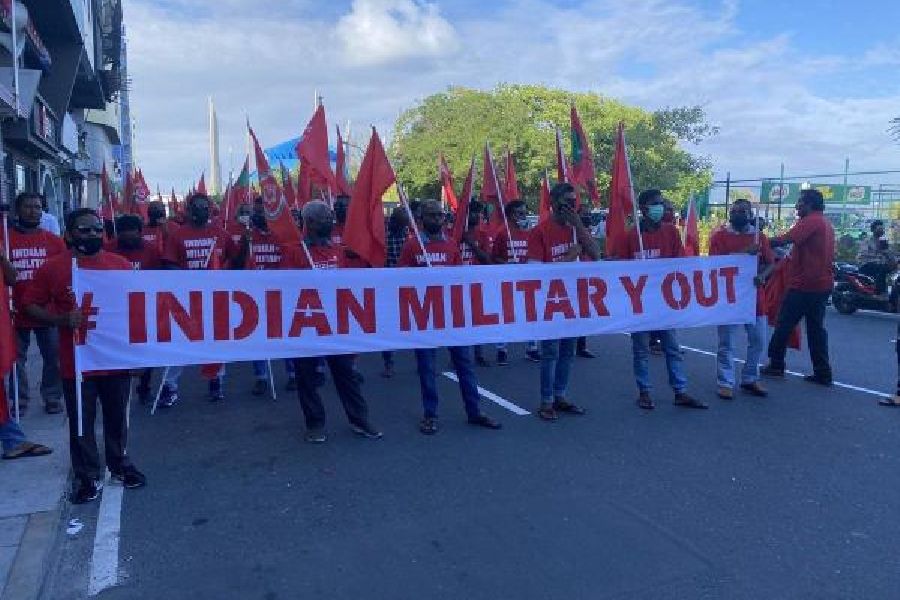Books: Descent into Paradise: A Journalist’s Memoir of the Untold Maldives
Author: Daniel Bosley
Published by: Pan Macmillan
Price: Rs 699
Among the South Asian nations, the least is known about the Maldives. Its distance of over 2,000 km from India has allowed it to remain detached from the rest of its neighbours.
To outsiders, the archipelago of the Maldives and its string of atolls spread over the Indian Ocean is a tropical paradise. For years, it attracted high-end European travellers who, until the pandemic, made up 50% of the tourists. Now a sizable number of people from India and China visit the Maldives. But those who come to the Maldives hardly ever get to know the real country or its people. Most avoid going to Male, the capital where the bulk of its 600,000 people live, and return home after their dream holiday is over.
However, in recent years, the world has begun to look at the archipelago's geostrategic importance in the Indo-Pacific. Daniel Bosley’s book comes at a time when regional and global powers — India, China and the United States of America — are engaged in a tussle to establish influence over the Maldives. The replacement of a 'pro-Indian president' by a 'pro-Chinese leader' after the recent elections in the Maldives has led to renewed interest, especially among Indian readers, in developments in the archipelago.
The importance of Bosley’s book lies in its attempt to probe beneath the surface to tell the outside world about the happenings in the Maldives that have escaped their attention. He tries to inform the reader about the society, the people and the political leaders who run the country.
Bosley’s interest in the country grew after he got an internship at the Maldives High Commission in London. This allowed him to travel to the Maldives and spend seven years in the country. Bosley managed to get a job as a journalist for an English news website, where he eventually ended up as editor, allowing him to explore the country and have the necessary access to people from different walks of life. In his book, Bosley weaves the country’s history from the ancient to the modern times to give a picture of its evolution over the decades.
Today’s Maldives is not only the theatre of an ongoing geostrategic power-play but a country that is facing a myriad of challenges. A number of these tussles are going on beneath the surface. The brinkmanship of corrupt politicians, climate change, drugs and crime among the youth and the need to maintain a balance between Islamic fundamentalists and foreign tourists — the country’s main source of revenue — have created a difficult situation for the country.
This is a Britisher’s view of the Maldives. But for those willing to look beyond the travel brochure to find out a little more about the country, Bosley’s book could be of interest.

